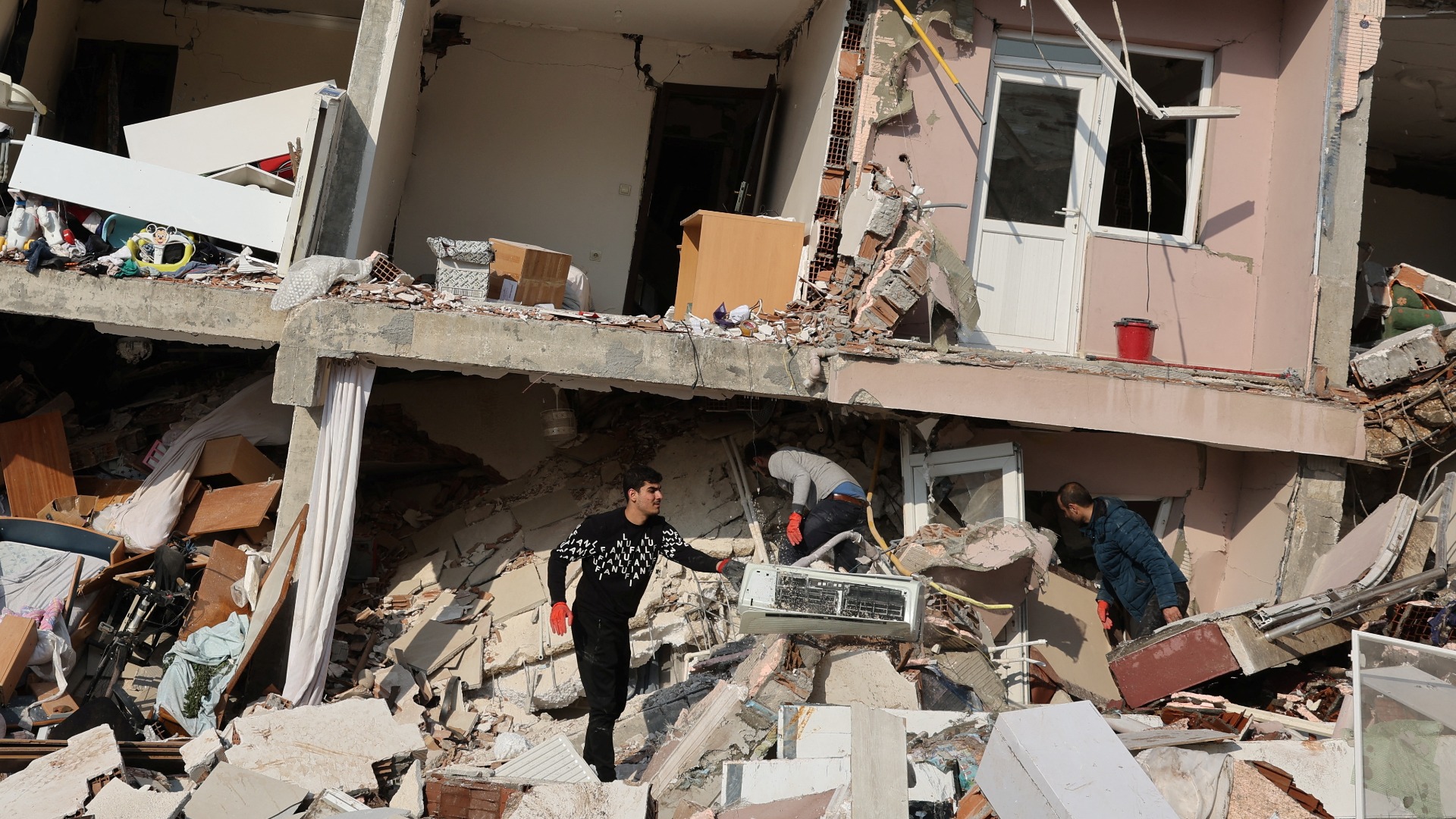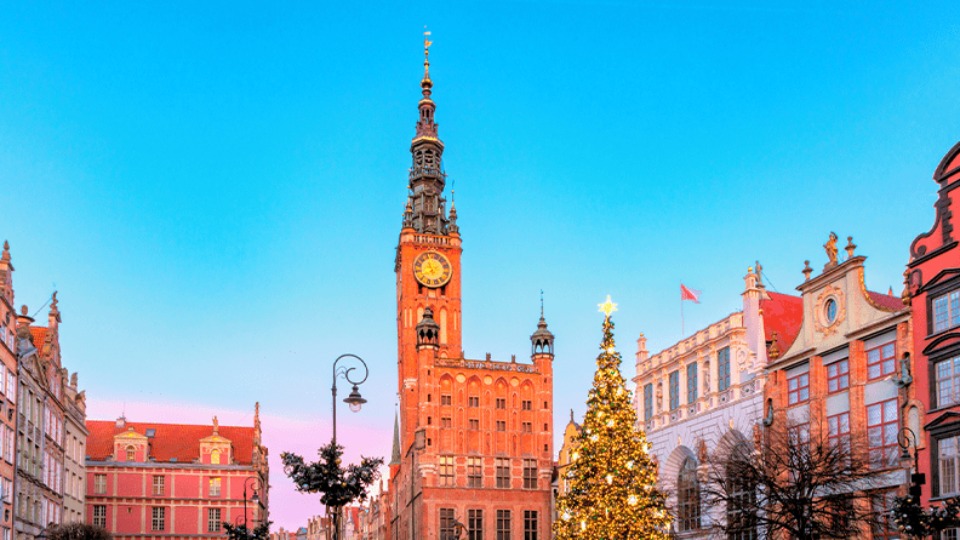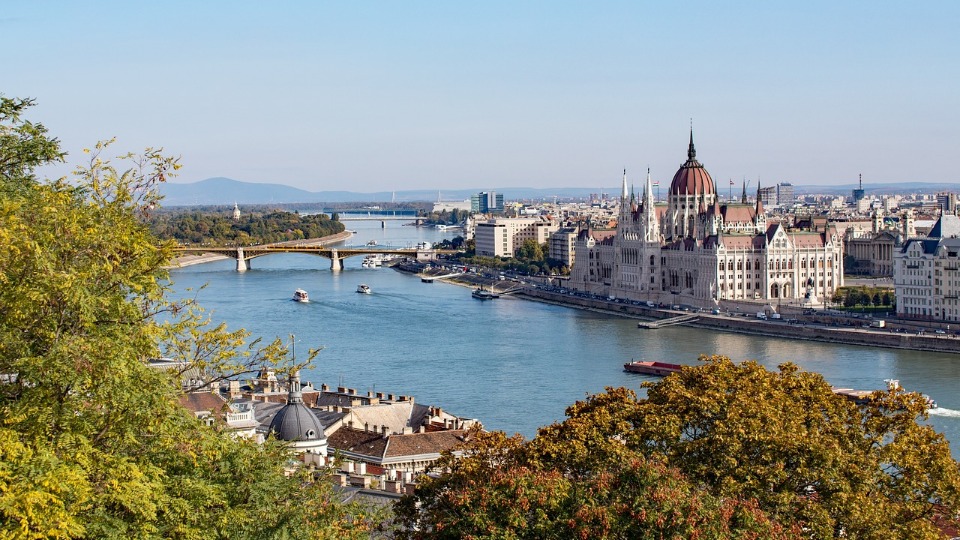
Disastrous Turkey Earthquake Death Toll Could Increase

According to the World Health Organization, the death toll from an earthquake that struck south-eastern Turkey near Syria's border could increase eightfold.
Since Monday's earthquake, the death toll has risen rapidly to more than 3,400.
A second powerful earthquake struck further north 12 hours later.
Rescuers are working in snowy and freezing conditions to search for survivors by combing through rubble mountains.
All over the globe, countries are supporting rescue efforts by sending assistance, including sniffer dogs and equipment.
According to the US Geological Survey, the magnitude 7.8 earthquake occurred at 04:17 GMT (01:17 GMT). It was at 17.9km (11 mi) in depth near Gaziantep.
According to Seismologists, the first earthquake was the strongest ever recorded in Turkey. According to survivors, it took about two minutes for the shaking stop.
The magnitude of the second earthquake, which was triggered by the first, was 7.5. Its epicenter was in Elbistan, Kahramanmaras Province.
Many aftershocks still feel across the region.
Throughout Monday, the number of injured and dead from Syria and Turkey grew rapidly.
According to the WHO, these numbers could rise as rescuers discover more victims under the rubble.
"We always see the same thing with earthquakes, unfortunately, which is that the initial reports of the numbers of people who have died or who have been injured will increase quite significantly in the week that follows," Catherine Smallwood, the WHO's senior emergency officer for Europe, said.
Ms. Smallwood said that snowy conditions could leave many people without shelter, adding to their dangers.
Many of these victims were in war-torn north Syria where millions of refugees have fled to camps along both sides of the border to Turkey. Numerous deaths have been reported in rebel-held areas.
Many buildings collapsed across both countries. Several videos capture the moment the buildings fell as people fled for safety. Many buildings, some as high as 12 stories high, have been flattened. Roads are also destroyed and huge piles of rubble can be seen.
Gaziantep Castle was one of the destroyed buildings. This historic landmark has been standing for over 2,000 years.
Anna Foster, BBC Middle East correspondent, reported from Osmaniye in Turkey, close to the epicenter, and described the scene as a harrowing one.
"It's absolutely pouring with rain which is hampering the rescue efforts. There is no power at all in the city tonight.
"We're still feeling regular after-shocks... and there are still concerns that there may be still more buildings to collapse," our correspondent said.
Turkey's energy infrastructure was also damaged. Videos have been posted showing large fires in the south of Turkey. They were blamed for damage to gas pipelines, according to social media users.
Turkey's energy minister Fatih Donmez confirmed that there was serious damage to the infrastructure but didn't mention the explosions.
Turkey is located in one of the most active earthquake zones on Earth.
In 1999, more than 17,000 people were killed in the north-west by a devastating earthquake. The worst earthquake in the country was in 1939, when 33,000 people were killed in Turkey's eastern Erzincan region.
Melisa Salman of Kahramanmaras said that she is used to being shaken because she lives in an earthquake zone. Monday's earthquake was her first experience with anything like it.
"We thought it was the apocalypse," she said.
Turkish Red Crescent asked citizens to donate blood. Kerem Kinik (the president of the organization) tweeted that additional blood and medical supplies were being sent to the region.
Turkey's President Erdogan stated that 45 countries offered their support after an international appeal for assistance.
Antonio Guterres, UN Secretary General, has called for international assistance to address the crisis. He stated that many families affected by the disaster are "already in desperate need of humanitarian help in areas where access is difficult".
Search and rescue teams from the European Union are being sent to Turkey by search and rescue personnel. Rescuers from Romania and the Netherlands are also on their way. The UK announced that it would send 76 rescue dogs, equipment, and specialists.
France, Germany and Israel have all pledged their support. Both Turkey and Syria have been offered assistance by Vladimir Putin, the Russian president. Iran has also been offered his support.
Suleymon Soylu (Turkish interior minister) said that 10 cities were hit by the first quake. These included Hatay and Osmaniye as well as Sanliurfa and Sanliurfa.
Schools in these cities have been closed for at most one week.
Volunteers with the White Helmets rescue organization, which operates in rebel-controlled parts of north-western Syria, were overcome with emotion as he spoke about the destruction in Sarmada, close to the border with Turkey.
"Many buildings in different cities and villages in north-western Syria collapsed," he mentioned.
"We need help. We need the international community to do something, to help us, to support us. North-western Syria is now a disaster area," he further said.
We need your help. The international community must do something to support us and help us. He said that North-western Syria has become a disaster zone.
The earthquake was strong enough to be felt far away in Israel, Lebanon, and Cyprus.
Source: bbc.com








